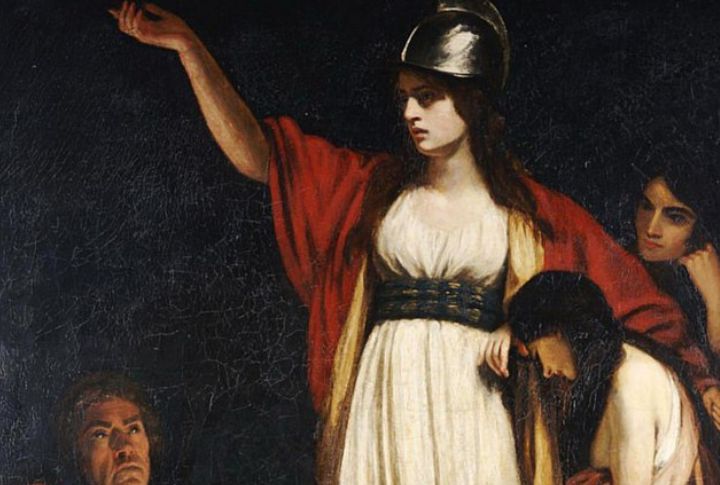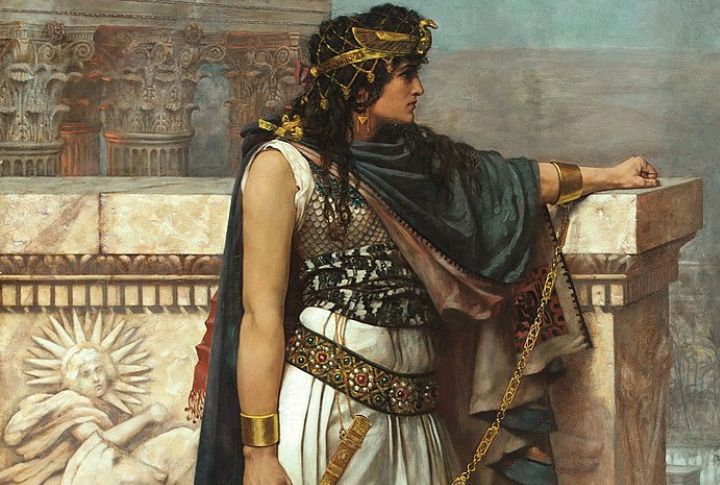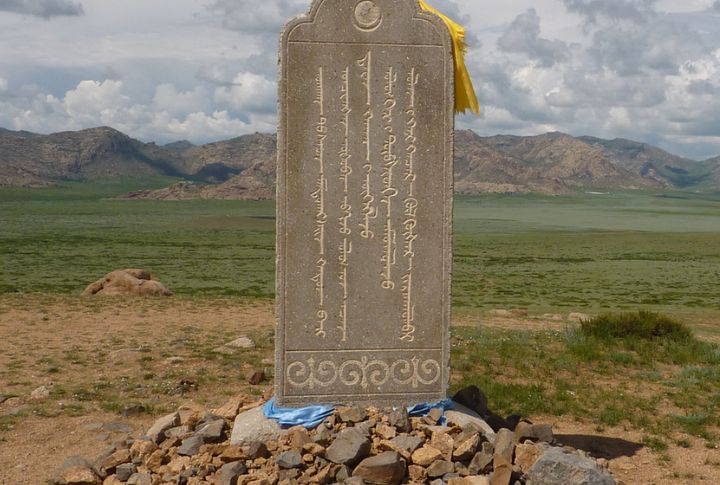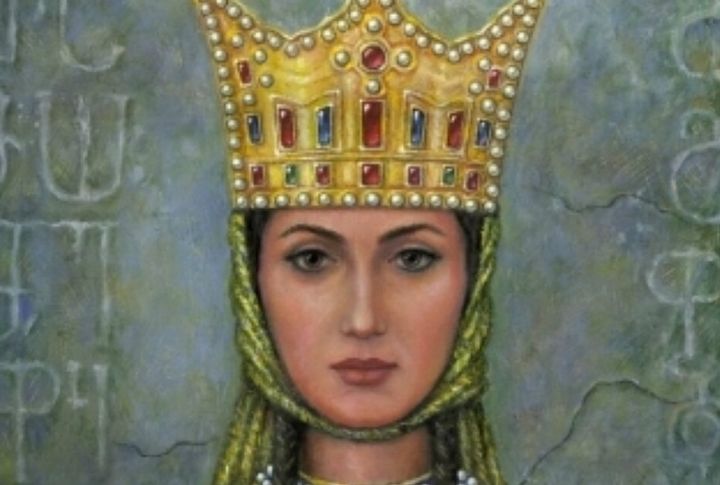
Every kingdom faced moments of crisis, and in many, queens stood tall to meet them. They commanded armies and left stories that still demand attention. Their victories speak of leadership unafraid to confront the battlefield, and with that courage came recognition that outlasted generations. Pride rests in how their names endured while so many others faded. Let’s explore warrior queens whose triumphs carry both strength and intrigue, sparking curiosity about the force behind their rule.
Boudica Of The Iceni

In the first century CE, Britain witnessed a queen rise in defiance of Roman rule. Boudica’s revolt burned through Roman settlements, even reducing Londinium to ashes. The forces stunned disciplined legions. For a moment, Rome nearly lost Britain to her fury.
Tomyris Of The Massagetae

What drives a leader to face the greatest empire of the time? For Tomyris, it was a loss. When Cyrus of Persia threatened the Massagetae people in 530 BCE, the queen led the cavalry with devastating effect. Cyrus fell in battle, and stories passed down through time remember Tomyris as the ruler who brought Persia’s mighty campaign to an end.
Zenobia Of Palmyra

Declaring independence in the Roman East was no small act. Yet Zenobia of Palmyra did exactly that to take Egypt and extend dominion. Fluent in several languages, she stood as a strategist and diplomat. By adopting the title of empress, Zenobia challenged Rome’s supremacy with unflinching resolve.
Rani Lakshmibai Of Jhansi

During the Indian Rebellion of 1857, one queen became the face of resistance. Rani Lakshmibai defended Jhansi against the British East India Company with remarkable bravery. Riding into battle with an infant secured to her back, she symbolized sacrifice. The story turned into a lasting symbol of Indian pride.
Artemisia I Of Caria

Precision defined Artemisia’s role at Salamis in 480 BCE. As a Persian naval commander, she directed five ships with moves bold enough to astonish seasoned warriors. The Greeks, startled, noted her skill. Tactical brilliance at sea made her one of Persia’s most daring commanders.
Nzinga Mbande Of Ndongo And Matamba

In 17th-century Angola, Nzinga Mbande stood against Portuguese colonization with unmatched resolve. She balanced diplomacy and guerrilla warfare to safeguard people. In one tense negotiation, she famously sat on a servant’s back when denied a chair. Adopting Christianity tactically, the queen shaped power with both faith and fearlessness.
Lagertha The Viking Shieldmaiden

Norse sagas tell of Lagertha, whose presence in battle rivaled that of kings. Fighting alongside Ragnar Lothbrok, she commanded warriors with skill and ferocity. Legends claim she later secured rule by taking her husband’s life. Celebrated as a shieldmaiden, she remains one of Viking lore’s most enduring female warriors.
Amina Of Zazzau (Zaria)

“Amina’s walls” still stand in Nigeria today, silent reminders of a queen who built more than an empire. In the 16th century, Amina’s cavalry thundered across the Hausa states to secure new territories for Zazzau. Oral tradition ensures her courage and authority are not forgotten, which preserves the legend today.
Mandukhai The Wise Of Mongolia

In the 15th century, Mongol unity had fractured, yet Mandukhai rose to bring the tribes together. She defended against both the Oirat Mongols and Ming China. Legends recall the queen riding into battle with twin sons strapped to her back, balancing motherhood and command without pause.
Tamar The Great Of Georgia

Georgia’s golden age carries the name of Tamar. In the late 12th century, she became the first woman to rule the kingdom in her own right, boldly titled “King.” Victories over the Seljuk Turks strengthened her reign, while culture flourished under her leadership.

